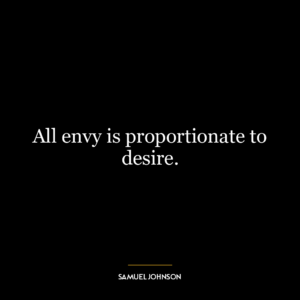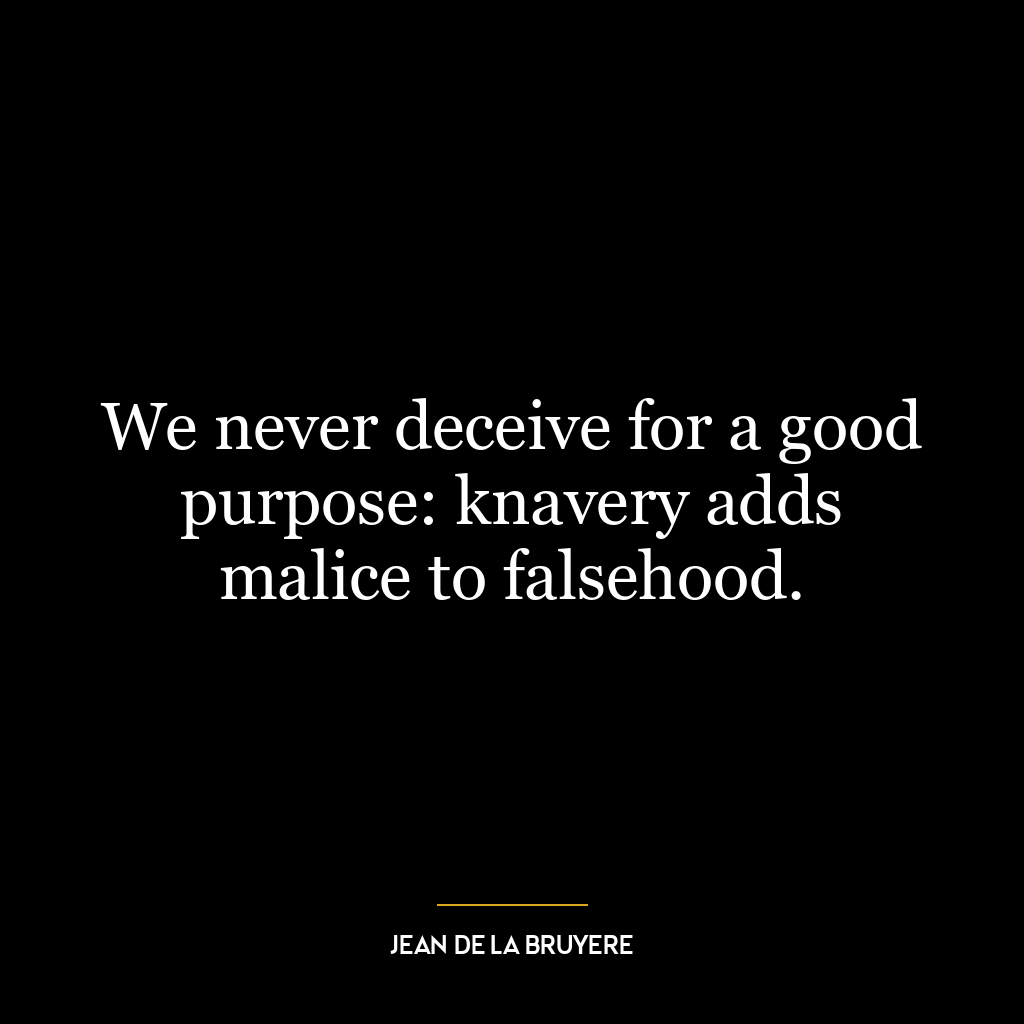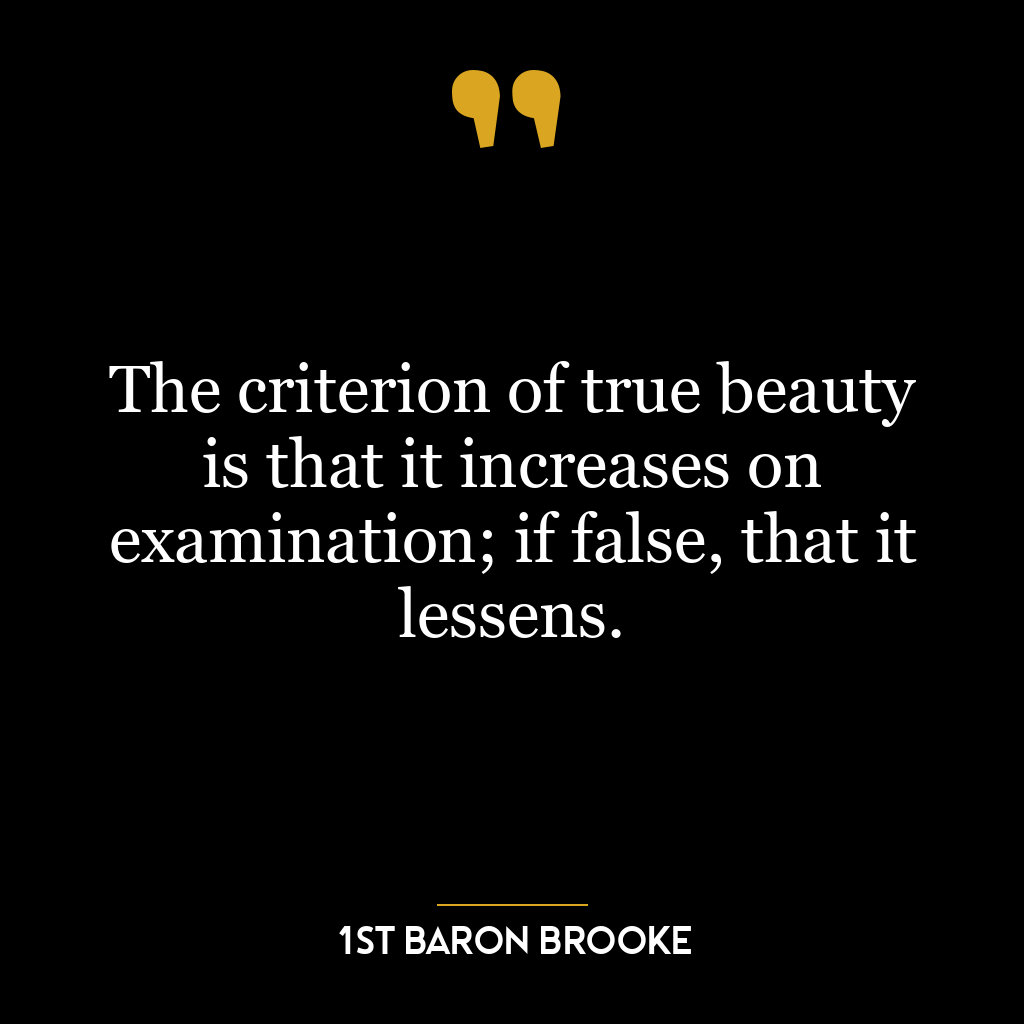This quote is a profound commentary on the nature of dishonesty and its consequences. “Dishonor waits on perfidy” suggests that deception or betrayal, symbolized by the term ‘perfidy’, inevitably leads to disgrace or dishonor. It underscores the idea that dishonest actions will eventually lead to a loss of respect and reputation.
The second part of the quote, “A man should blush to think a falsehood; it is the crime of cowards,” further emphasizes this message. It implies that even contemplating dishonesty should cause discomfort or embarrassment (symbolized by blushing), as it is an act associated with cowardice rather than courage. In essence, it asserts that true bravery lies in honesty and integrity.
Applying this concept to today’s world, we can see how important truthfulness remains in all aspects of life – be it personal relationships, professional conduct, or societal norms. Dishonesty might provide temporary gains but ultimately leads to long-term losses such as trust breakdowns and damaged reputations.
In terms of personal development, this quote serves as a reminder that character strength lies in being truthful even when it’s challenging. Cultivating honesty not only enhances our self-respect but also earns us respect from others. It encourages individuals to strive for authenticity rather than resorting to deceitful behavior out of fear or convenience.
Furthermore, in an era where misinformation can spread rapidly through social media platforms and influence public opinion significantly, Johnson’s words resonate more than ever before: promoting honesty isn’t just about personal integrity; it’s also crucial for maintaining societal harmony and trust.















